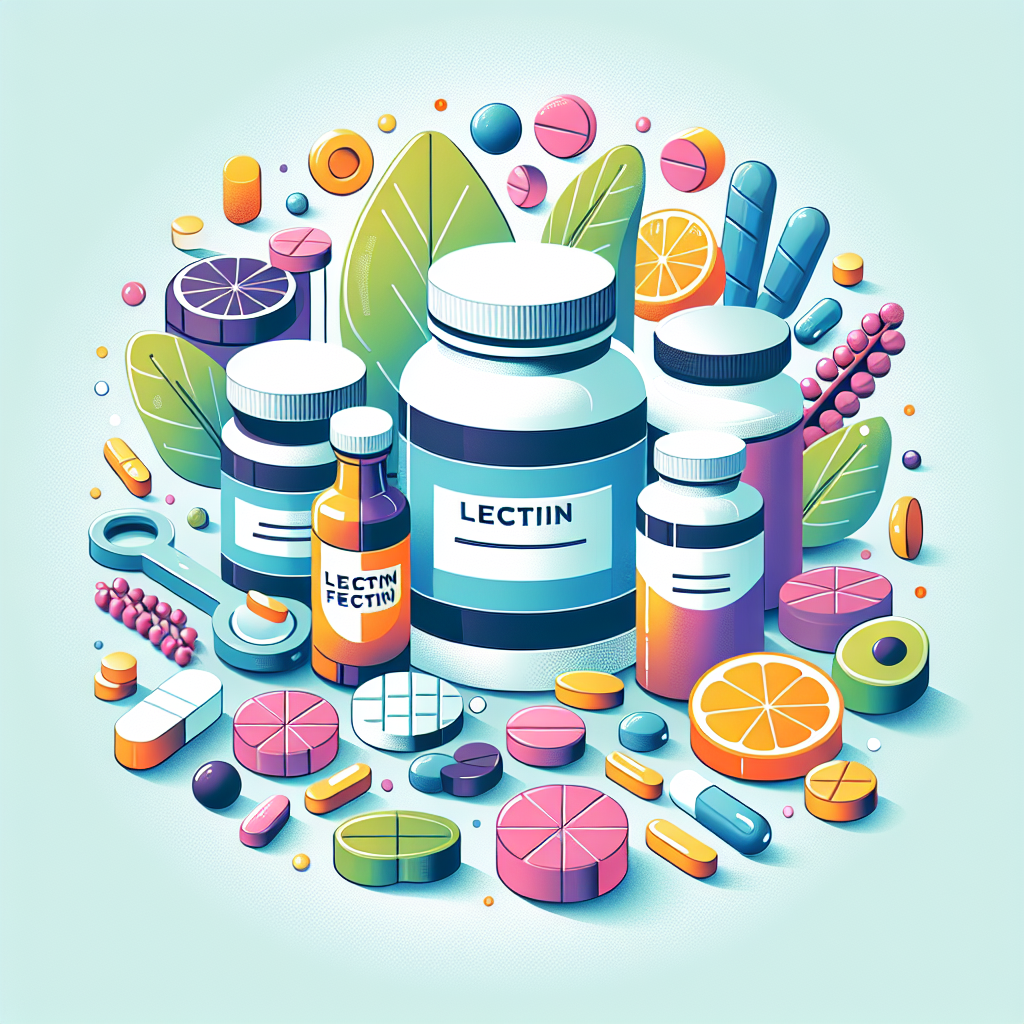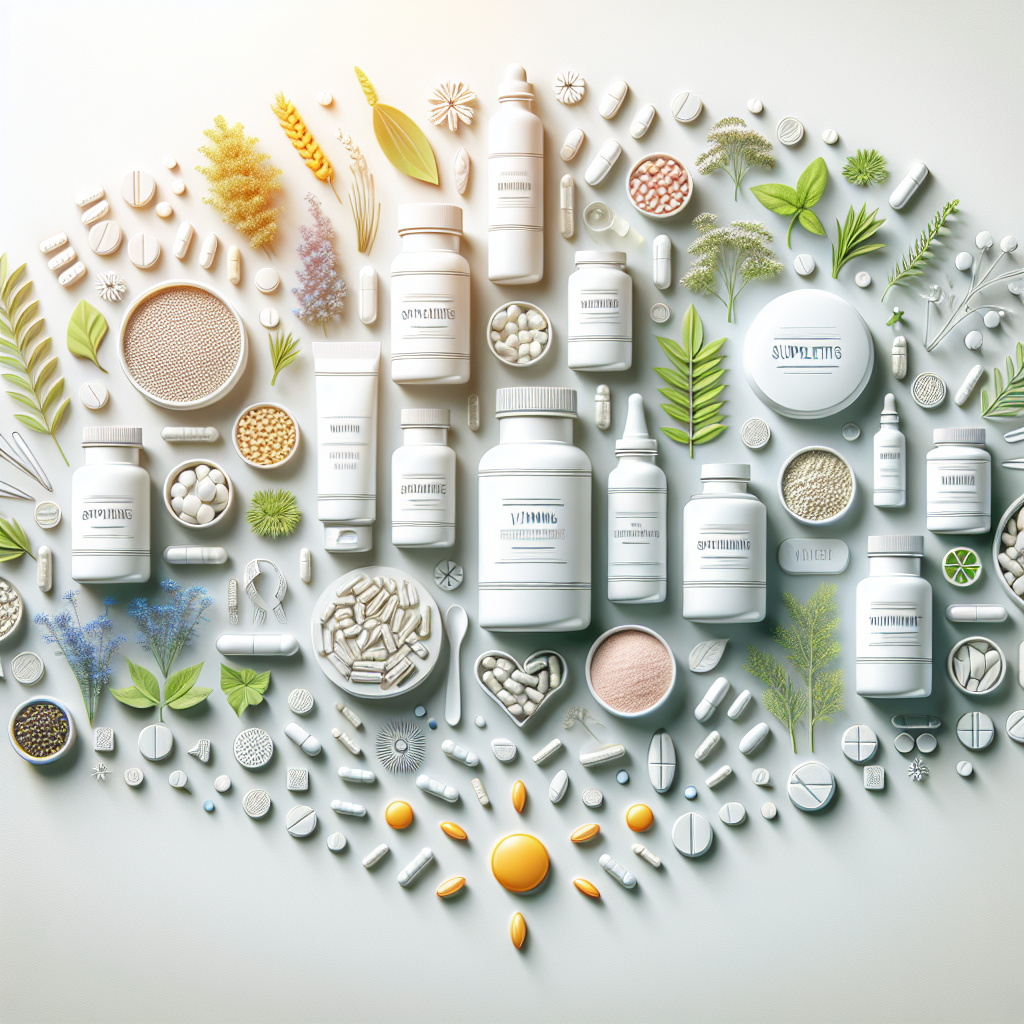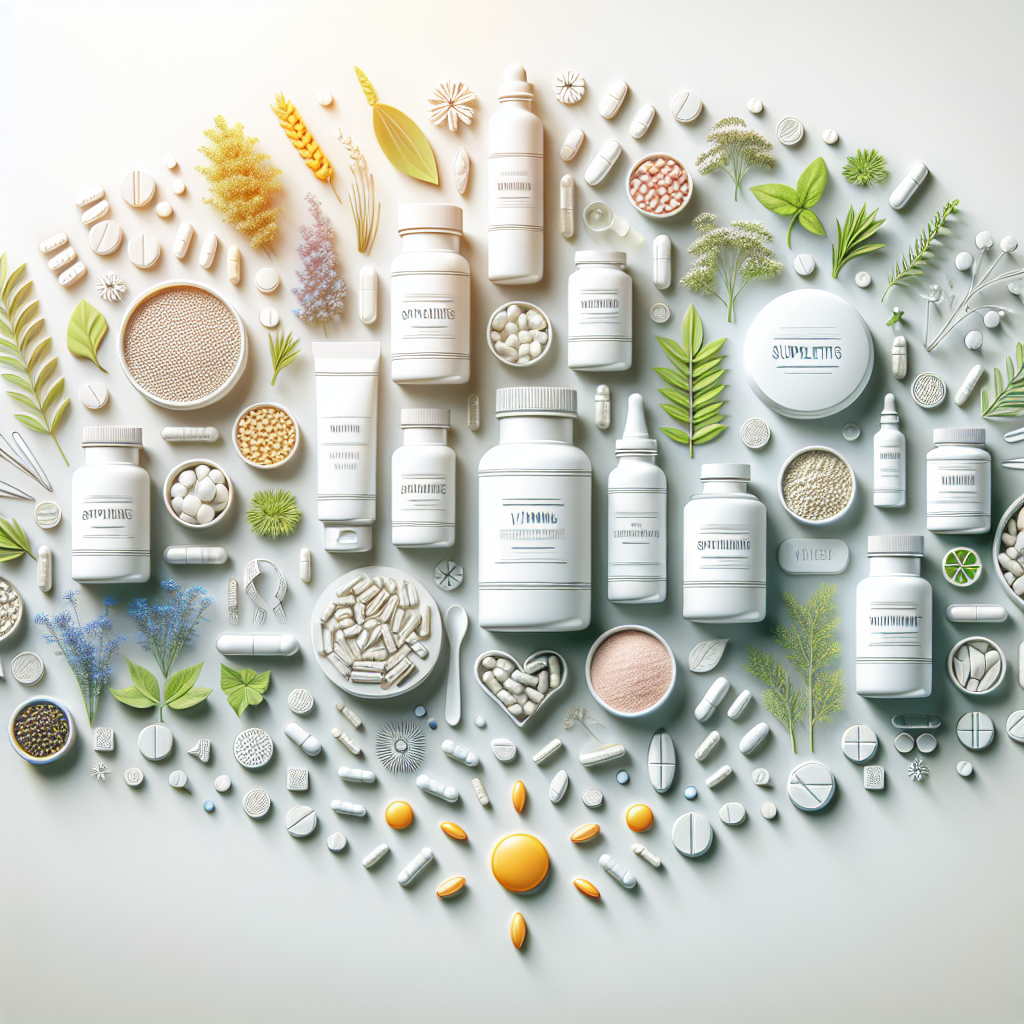Navigating through the maze of a lectin-free diet can certainly require some guidance, especially when it comes to identifying the best supplements to pair with this approach. It turns out there are quite a few effective ones that can not only supplement your diet but also bring you closer to your health goals. This article will provide a rundown on some of the most beneficial supplements you can include in your lectin-free diet to maintain your well-being, boost your energy levels, and support your digestive health.

Recommended Supplements for a Lectin-Free Diet
You’ve probably heard of the latest buzz about the lectin-free diet, and it might have piqued your interest. Let’s delve into more details about this diet and discuss some recommended supplements to support a healthy lifestyle while on it.
What is a Lectin-Free Diet?
A Lectin-Free diet is a meal plan that involves eliminating foods with high contents of lectin. Lectins, a type of protein found in various foods, notably in legumes and whole grains, have been linked to inflammation and other gut-related issues when consumed in large amounts. As you dive into a lectin-free lifestyle, you are basically refraining from foods such as tomatoes, eggplants, lentils, wheat, and beans.
Why Might Someone Choose a Lectin-Free Diet?
For some individuals, avoiding lectins is not just a fad but rather a health necessity. Some people may choose to follow a lectin-free diet due to their susceptibility to digestive issues or autoimmune disorders. Evidence suggests that lectins can inhibit the absorption of nutrients in the body and, for some, trigger inflammatory responses. Hence, steering clear of lectins might be a way of managing such conditions. Always remember to make these dietary changes under the guidance of a health professional.
Understanding Lectins
Lectins are abundant in the plant and animal kingdom, acting as a natural defense against microorganisms, pests, and insects. They have the ability to bind to sugar molecules in the cells of specific organs, causing a range of health effects. While they can cause some problems when consumed excessively, it’s essential to consider that not all lectins are created equal and many foods containing them have significant health benefits.
Importance of Balanced Nutrition on a Lectin-Free Diet
Embarking on a lectin-free diet doesn’t mean you can forego the need for balanced nutrition. It’s vital to make sure your meals are still packed with enough nutrients to support your overall health. This can mean incorporating a variety of non-lectin foods or considering adding suitable supplements to your diet.
Supplements to Support a Lectin-Free Diet
The lectin-free diet can potentially limit the intake of some important nutrients. Therefore, supplements can play a vital role in bridging these nutritional gaps. Let’s look at some key ones.
1. Probiotics
Probiotics are great for promoting gut health, which is paramount when on a lectin-free diet. They can help replenish the good gut bacteria that optimize digestion and nutrient absorption.
2. Digestive Enzymes
Digestive enzyme supplements can further support the breakdown and processing of foods, assisting in compensating for any limited nutrient absorption caused by a lectin-free diet.
3. Omega-3 Fatty Acids
Omega-3s have a variety of health benefits, including bolstering heart health and reducing inflammation. They’re usually found in fatty fish which are generally lectin-free, but if you’re not a big fan of fish, supplements can be a good option.
4. Vitamin D
Vitamin D is essential for bone health and plays a role in immune function. We typically get Vitamin D from sunlight, but a supplement can be beneficial, particularly during the darker months.
5. Zinc
This mighty mineral supports immune health, wound healing, and even your sense of taste and smell! While you can get zinc from meats and seafood, a supplement can be helpful if these aren’t a regular part of your diet.
6. Magnesium
Magnesium is involved in a host of bodily functions, including nerve and muscle function, bone health, and even mood regulation. While leafy greens and nuts are good sources of magnesium, a supplement might be necessary if these are not your go-to foods.
7. Vitamin B12
Vitamin B12 is crucial for nerve function and the formation of red blood cells. It’s typically found in animal products, so if you’re following a plant-based, lectin-free diet, this is one supplement you might want to consider.
8. Antioxidants
Antioxidants fight off harmful free radicals in our bodies. While oranges and other fruits are packed with antioxidants, they also contain lectins, so an antioxidant supplement may be helpful.
9. Fiber Supplements
Fiber is vital for healthy digestion, and with a lectin-free diet, you might start missing out on some of the high-fiber foods. A fiber supplement could be beneficial to keep your digestive system on track.
10. Adaptogenic Herbs
Adaptogenic herbs, like holy basil and ashwagandha, can help your body adapt to stress, both physical and mental. They’re not the typical supplement but can be a beneficial addition to your regimen.
Conclusion
Though a lectin-free diet might help some people in managing certain health conditions, it’s worth noting that more extensive research is needed to understand its full impact. As with any diet, individual experience can vary widely. Always consult with a healthcare professional when planning substantial dietary changes or introducing nutritional supplements into your regime. With that, it’s time to take the first step towards determining the possible benefits of a lectin-free diet and the role of these supporting supplements in your personal health journey. Good luck!

